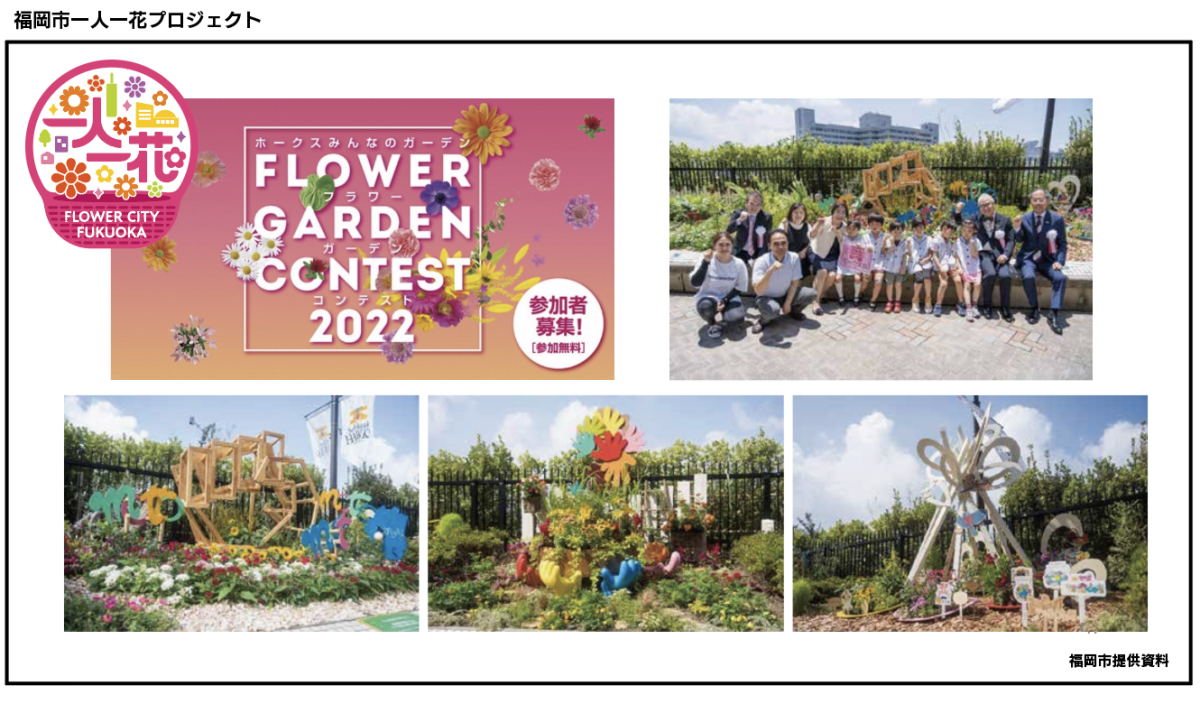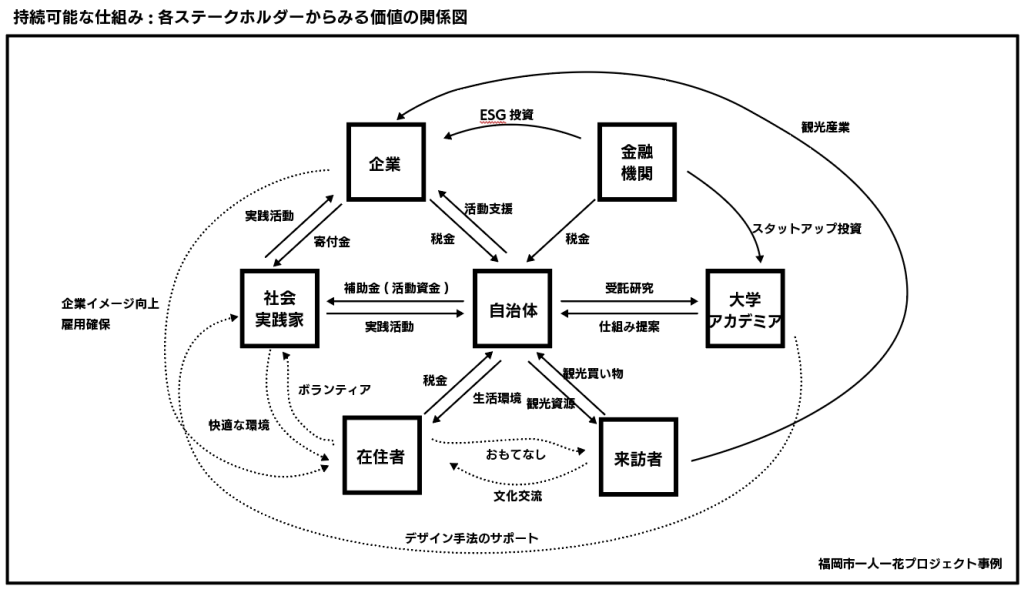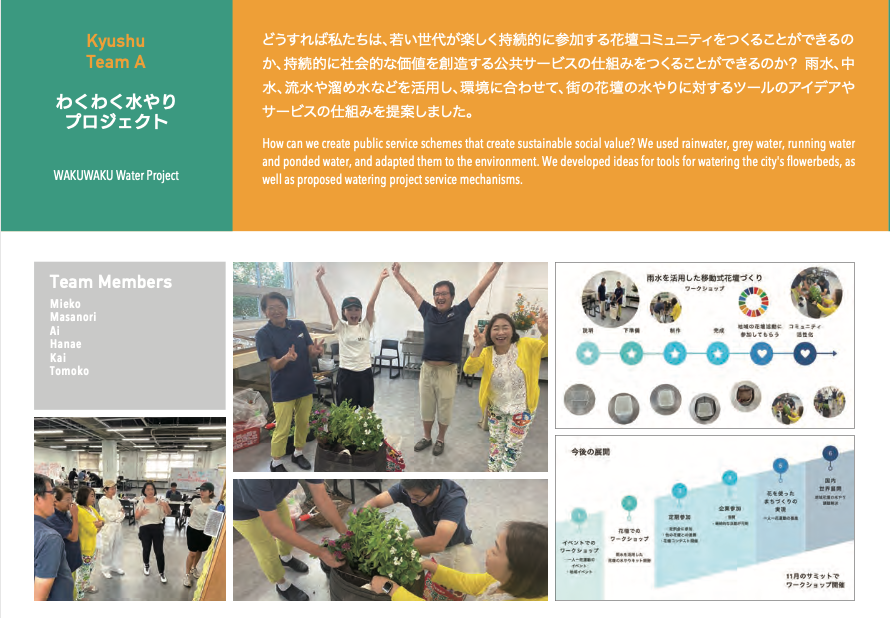ActivityStudy Group on Methodology for the Social Implementation of SDGs2024.1.30

Research Director:
Associate Professor Zhang Yanfang, Faculty of Design
Keywords:
SDGs, social implementation, design methodology, Hitori Hitohana Project
The purpose of this study group was to consider methodologies to take ideas generated during design workshops for Sustainable Development Goals, which aim to find solutions for society’s problems, and carry them to fruition so that they can be implemented in society, rather than stopping at simply coming up with proposals for improvements to social systems and products, so that those systems may be made more specific, tested, and implemented.At the Global Goals Jam (GGJ) SDGs design workshop jointly held by the Kyushu University Faculty of Design and the Center for Designed Futures of Kyushu University on Saturday, September 30, and Sunday, October 1, 2023, participants considered sustainability from a global perspective, came up with ideas to solve local issues, and proposed services, products, and ideas that led to achieving SDGs. Then, the following study group was held after the workshop to consider methodologies for the social implementation of SDG solutions and achieve those ideas.
Purpose:
A variety of approaches are needed for the social implementation of SDG solutions. The purpose of this study group was to consider potential systems for the sustainable creation of social and economic value by involving diverse stakeholders and coordinating their complex mutual interests.
Date:
14:00 – 17:00 Tuesday, January 30, 2024
Subject:
This study group used the Hitori Hitohana (One Person, One Flower) Project hosted by Fukuoka City as an example and carried out discussions from the following perspectives regarding the design proposals based on various design thinking produced during the GGJ.
1.Developing a sustainable system for sustainable “community co-creation” through the Hitori Hitohana Project. For example, leveraging rainwater, gray water, running water, and standing water to propose tools and services for watering flowers in flower beds throughout the community according to the local environment.
2.Examine the benefits and costs for each stakeholder, including local government, social entrepreneurs, regional residents, outside residents (tourists), and companies, for the sustainable creation of social value.

Participants:
Social entrepreneurs from Fukuoka, Fukuoka city officials, Oita city officials, Ritsumeikan Asia Pacific University (APU) faculty, startup experts, Kyushu University Faculty of Design faculty, researchers, students
Purpose:
Examine methodologies to balance the feasibility and sustainability of design proposals by unifying multiple perspectives to consider social issues, thereby promoting cooperation beyond the boundaries of industry, academia, and the public sector.

